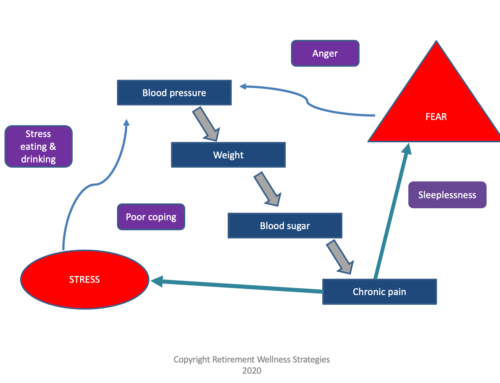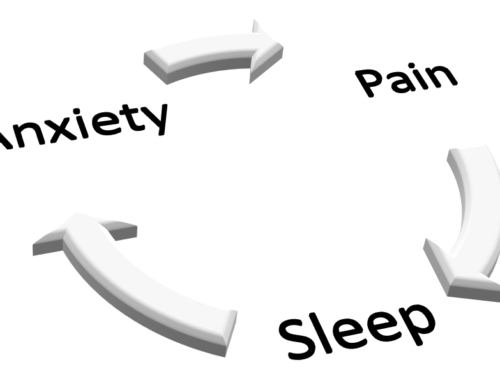
Maintain your independence through safe medication use.
Happy Independence Day! On this day of immense gratitude for all who have served to preserve our freedom, I am also thinking about your freedom. My passion professionally is to help people live out their retirement dreams in good health avoiding physical limitations. It sounds so basic. No one thinks medication-related issues will apply to him or her – until they do.
I have talked with hundreds of people who found themselves suddenly limited. It happened ‘out of the blue’ in many instances. In others, it was a gradual approach that was more visible in hindsight.
Pay attention to maintain your independence
In many cases people noted a change but didn’t pay much attention to it. Often a medication had been changed, and their energy level or their clear thinking changed. Maybe they got dizzier or couldn’t exert themselves as much. These little changes led to new symptoms that led to more new medications. This can be a slow, barely noticeable cycle that leads to trouble.
Ask the right questions to maintain your independence
Before any new medication is started, fully understand why it is necessary, what other options were considered, and what you should expect. Read the information that comes with the prescription. Look at the common side effects and pay attention to whether you experience those. If they last more than a couple of days or they make you decrease your activity levels, call your doctor. Talk with your pharmacist.
Take active steps to maintain your independence
Always go to your medical visits prepared. Take a list of every medicine you take – including vitamins, supplements, over-the-counter medicine, and any other substance. Even include the ones you only take once in awhile.
Take two copies of any items you want to discuss. Give one to the medical assistant who takes you to the exam room. Ask that assistant to give it to your doctor. Keep the other copy for yourself. Take a pen or pencil to take notes for each item on your list.
Think about any new symptoms and how you could best describe those. Include any details such as what makes it better or worse, what you have already tried, and when you first noticed the symptoms. These details help your doctor discover the cause more quickly.
Medication is nearly always involved in someone’s loss of independence. So often that is completely avoidable. Don’t let it happen to you. Let us thoroughly review your medication regimen today. We can help you avoid the common pitfalls that lead to lost independence.
You can reach us at www.medsmash.com/contact, 410-472-5078, or michelle@medsmash.com.
For further application, check out my personal blog.





